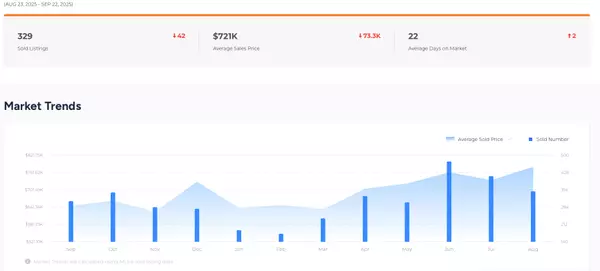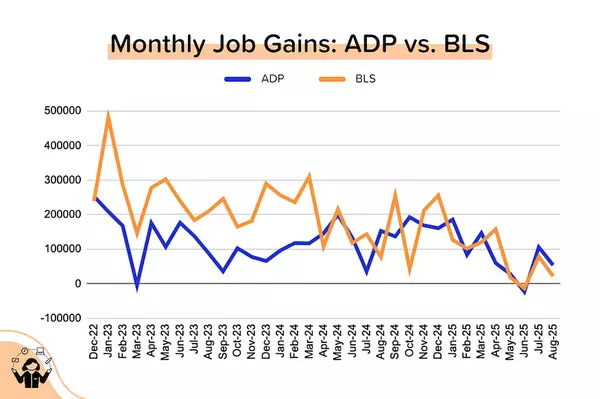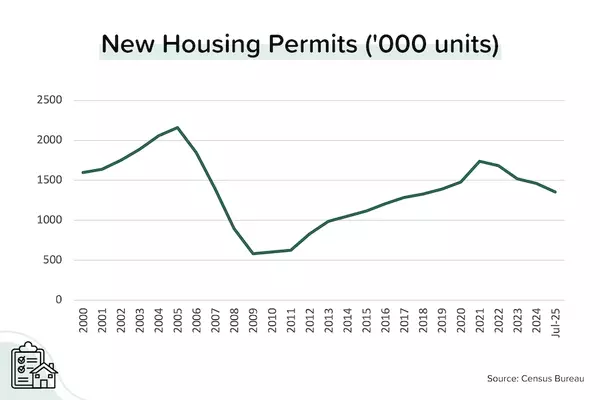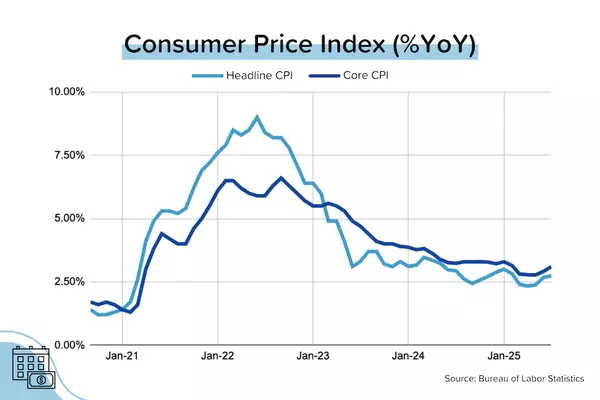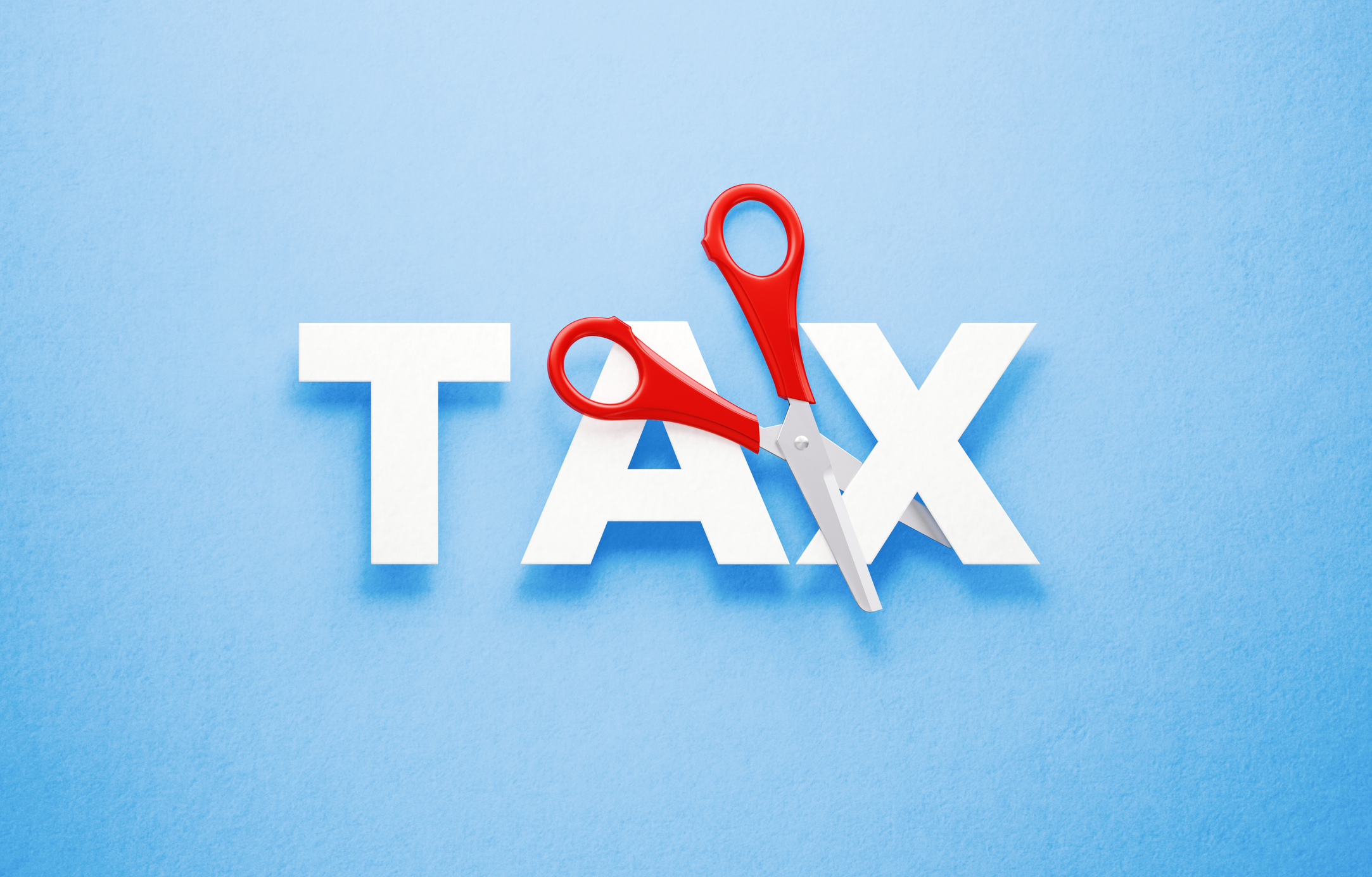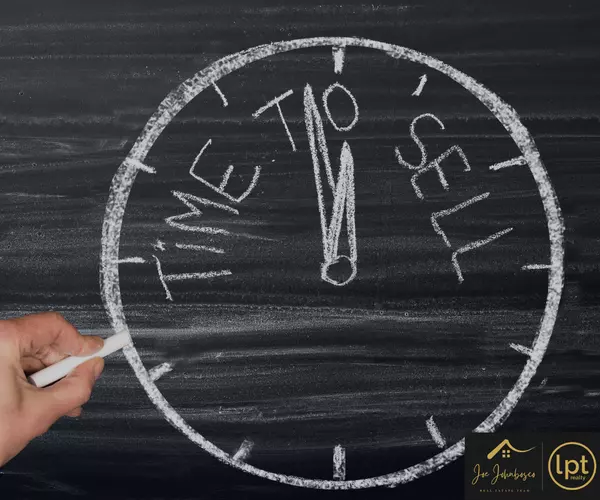Understanding the Underwriter’s Role in the Mortgage Process


How to Prepare for Special Situations and What Really Matters When Your Loan is Under Review
When you’re applying for a mortgage, you may hear a lot about the underwriter—but who are they, and what exactly do they do?
Simply put, the underwriter is the key decision-maker in your loan process. Once your application is submitted, it’s the underwriter’s job to evaluate your financial profile and determine whether you're creditworthy—meaning, are you likely to repay your loan on time? Their decision will either move your mortgage forward or stop it in its tracks.
Let’s walk through what underwriters look for and what you need to prepare—especially if you have a unique financial situation.
💼 Special Situations: What to Bring to the Table
Whether you're self-employed, recently divorced, or receiving public assistance, each situation requires special documentation. Here’s how to be prepared:
Self-Employed Borrowers
If you own your own business or are a freelancer, you’ll need:
-
Your last two years of complete federal tax returns
-
A year-to-date profit and loss (P&L) statement
🔍 According to Fannie Mae guidelines, self-employed income is generally only considered if it shows stable or increasing earnings over a two-year period.
Source: www.fanniemae.com
Separated or Divorced
Lenders need to understand your legal obligations:
-
A copy of your divorce decree and separation agreement
-
Documentation of alimony or child support payments (either received or paid), such as:
-
12 months of cancelled checks
-
Court payment history
-
📊 Did you know? According to the U.S. Census Bureau, only 45.6% of custodial parents received the full amount of child support due in 2017.
Source: www.census.gov
Public Assistance
If part of your income comes from public assistance (e.g., Social Security, disability, or pension), provide:
-
A current award letter or copy of check showing your benefit amount
Bankruptcy or Foreclosure History
-
Copies of your bankruptcy discharge paperwork (Chapter 7 or Chapter 13)
-
A schedule of assets and debts
-
Attorney letters related to any judgments
⏳ You’ll typically need to wait 2–4 years after a bankruptcy to qualify for a conventional loan, and 2–3 years after foreclosure with FHA or VA loans.
Source: www.consumerfinance.gov
VA Loans
For veterans:
-
Bring your DD214 form or Certificate of Eligibility (COE)
📋 What Underwriters Evaluate (And Why It Matters)
1. Employment & Work History
Underwriters favor a stable job history in the same field for at least two years. If you’ve changed jobs but remained in the same industry or received promotions, this is usually seen positively.
2. Income Verification
Your income must be:
-
Stable and likely to continue
-
Supported by W-2s, pay stubs, and tax returns
Most lenders use a Debt-to-Income (DTI) ratio to determine affordability:
✅ The typical maximum DTI is 43% for conventional loans, though some FHA and VA programs allow higher.
Source: www.investopedia.com
3. Credit History
Credit reports offer a snapshot of how reliably you’ve handled debt in the past. Red flags include:
-
Late payments
-
Collections or charge-offs
-
High credit utilization
If you’ve had bankruptcy, it must usually be discharged for at least two years, and you should have re-established credit since then.
4. Assets & Source of Funds
Underwriters want to see:
-
Proof of down payment and closing costs
-
Cash reserves covering 2–3 months of mortgage payments
-
Verified source of funds (savings, gift funds, 401(k) withdrawals, etc.)
💡 Tip: Avoid transferring large sums between accounts without first discussing it with your loan officer—it can trigger delays or denials due to unverifiable fund sources.
5. Debt Load
Lenders will analyze:
-
Credit card balances
-
Car loans
-
Student loans
-
Any other recurring debt
🚩 High debt levels can significantly reduce your loan approval chances—even if your income is strong.
6. The Property Itself
The underwriter also examines the appraisal:
-
Is the home worth what you’re paying?
-
Are there issues affecting its marketability or condition?
This matters because the property is the lender’s collateral—if you default, they want to be sure it’s worth the investment.
🧭 Final Thoughts: Preparing for the Underwriter Sets You Up for Success
Understanding the underwriter’s role helps you avoid delays and costly mistakes. Whether you’re navigating a unique situation or just want to make sure everything’s in order, working with an experienced real estate professional—and a knowledgeable loan officer—can make all the difference.
Categories
Recent Posts


